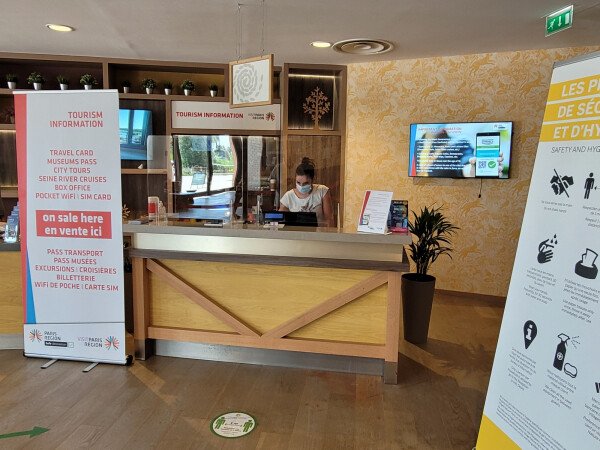Israel has long been a popular destination for faith-based travelers, attracting millions of pilgrims from all over the world each year. The country’s rich history, religious significance, and diverse cultural heritage make it a must-visit for those seeking spiritual enlightenment and a deeper connection with their faith.
However, like many other countries, Israel’s tourism industry has been severely impacted by the global COVID-19 pandemic. Travel restrictions, lockdowns, and health concerns have led to a significant decline in the number of visitors, leaving the industry and the economy in a state of crisis.
As Israel looks towards its post-crisis comeback, faith-based travelers will play a crucial role in reviving the tourism sector. These travelers, driven by their religious beliefs and spiritual journeys, have a deep connection and attachment to the land of Israel. They are eager to visit the holy sites, walk in the footsteps of their religious leaders, and experience the unique spiritual atmosphere that the country offers.
Faith-based tourism in Israel is not limited to one religion. The country is sacred to Judaism, Christianity, and Islam, making it a melting pot of religious diversity. From the Western Wall and the Church of the Holy Sepulchre in Jerusalem to the Sea of Galilee and the Dome of the Rock in Jerusalem, there are countless sites of religious significance that attract pilgrims of different faiths.
The return of faith-based travelers to Israel will not only boost the tourism industry but also have a positive impact on the country’s overall economy. These travelers often stay longer, spend more on accommodations, dining, and souvenirs, and contribute to the local economy in various ways. They also tend to be repeat visitors, coming back to Israel multiple times in their lifetime.
To ensure the successful return of faith-based travelers, the Israeli government and tourism industry must prioritize their needs and provide the necessary infrastructure and services. This includes investing in the development and maintenance of religious sites, improving transportation and accessibility, and enhancing safety measures to address any health concerns.
In addition to the physical infrastructure, promoting Israel as a safe and welcoming destination for faith-based travelers is crucial. This can be achieved through targeted marketing campaigns, collaborations with religious organizations, and the establishment of partnerships with faith-based travel agencies and tour operators.
Moreover, faith-based travelers have a unique role in promoting peace and interfaith dialogue. By coming together in a shared spiritual journey, people from different religious backgrounds can foster understanding, respect, and cooperation. This can contribute to the overall stability and harmony in the region, attracting even more visitors and creating a positive ripple effect on the local communities.
Israel’s post-crisis comeback heavily relies on the return of faith-based travelers. Their desire to reconnect with their faith, explore the holy sites, and experience the spiritual atmosphere of the country will not only revive the tourism industry but also bring hope and optimism to a nation that has been through challenging times.
As the world slowly recovers from the pandemic, faith-based travelers will be at the forefront of Israel’s resurgence. Their unwavering faith, resilience, and commitment to their spiritual journeys will pave the way for a brighter future for both the tourism industry and the country as a whole.





